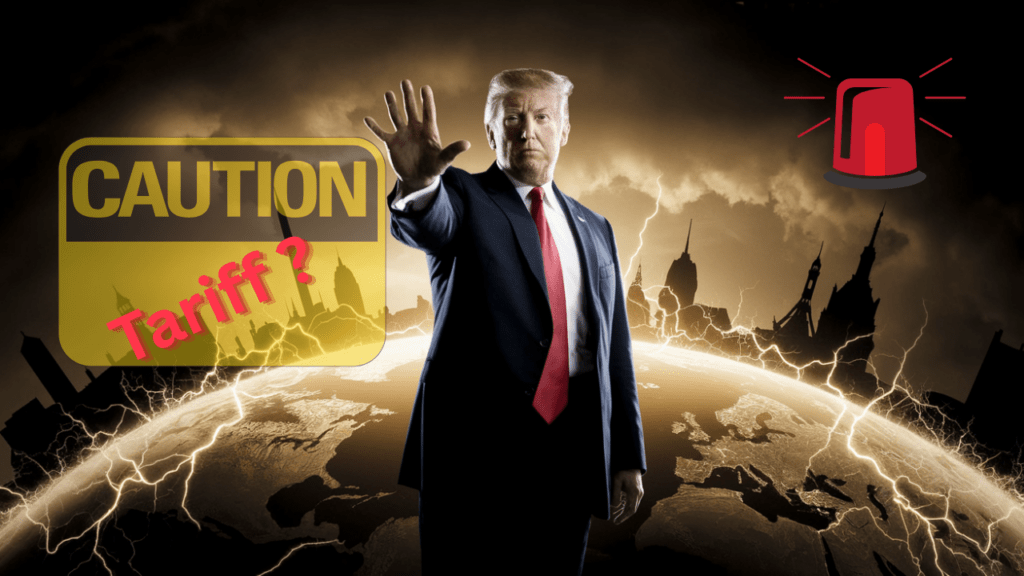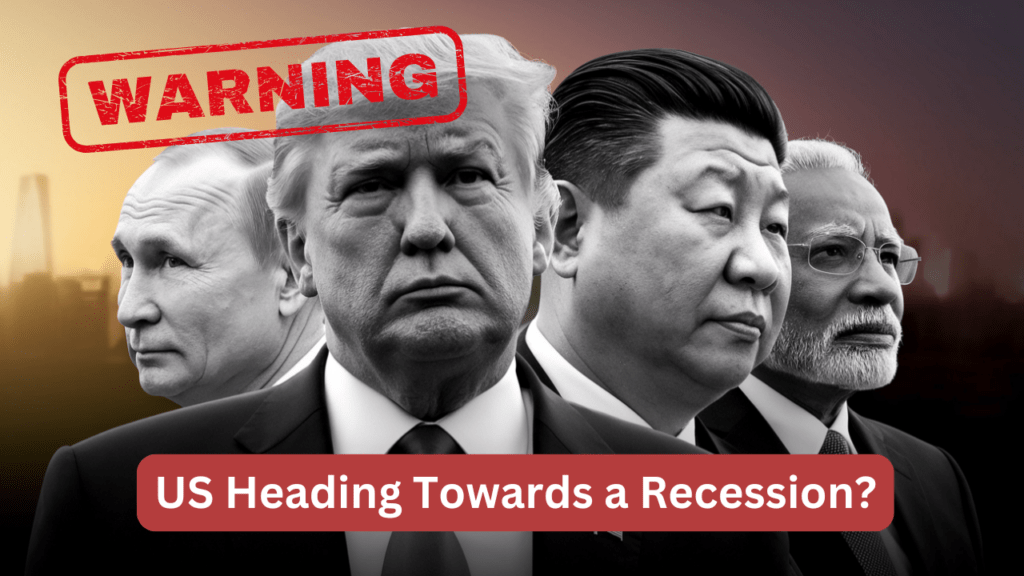The markets are on edge again, and this time, it’s all thanks to Trump’s tariff talk. The president is back in the headlines, hinting at massive tariffs if he returns to office, and Wall Street isn’t taking it lightly. But the real question is—how bad could this get for the U.S. economy and the rest of the world? Let’s break it down.
The U.S. Economy: Strong, But Shaky
Right now, the American economy is doing okay—not great, not terrible. Inflation is cooling off, the job market is steady, and the stock market has been on a wild but mostly upward ride. But tariffs? That’s where things could take a turn.
Trump is reportedly eyeing a 10% tariff on all imports and up to 60% on Chinese goods. If that happens, American businesses will have to pay more for imported products, and guess what? Those costs will likely get passed down to consumers. Prices could rise, inflation could spike again, and the Fed might have to step in with more rate hikes.
Translation? More economic uncertainty, and that’s never good for the markets.
Wall Street Hates Uncertainty
Investors don’t like surprises, and tariff wars bring a ton of them. During Trump’s first term, markets were already nervous about trade tensions with China. Now, with the possibility of another round, stocks could see major volatility.
Big corporations—especially tech giants and manufacturing companies—rely heavily on global supply chains. If tariffs go up, their costs go up, and that could hurt their profits. Companies like Apple, Tesla, and even Walmart, which depend on imports, might have to rethink their pricing strategies.
Global Ripple Effects
It’s not just the U.S. feeling the heat. A trade war between the U.S. and China could send shockwaves through the global economy. Here’s how:
China’s Economy Could Take a Hit: If the U.S. slaps higher tariffs on Chinese goods, China might retaliate. That means fewer American exports heading to China, hitting industries like agriculture and tech.
Europe Won’t Be Spared: European markets are already dealing with slow growth. If the U.S. economy stumbles, it could weaken global demand, affecting exports from Germany, France, and the UK.
Emerging Markets in Trouble: Countries that depend on trade with the U.S. and China—like India, Mexico and South Korea—could see disruptions in their economies.
So, What Happens Next?
Investors will likely rush to safe-haven assets like gold and U.S. bonds, while stocks—especially in trade-sensitive sectors—could see some wild swings.
One thing’s for sure: The global economy is watching closely. Whether it’s Wall Street, European investors, or emerging markets, everyone is bracing for what could be another turbulent chapter in U.S. trade policy.
Final Thoughts
Love him or hate him, Trump knows how to shake up the markets. His tariff talk alone is enough to make investors nervous. If these trade policies actually go into effect, we could see a major shift in global trade, rising costs, and a whole lot of market volatility. Buckle up, because things are about to get interesting.


